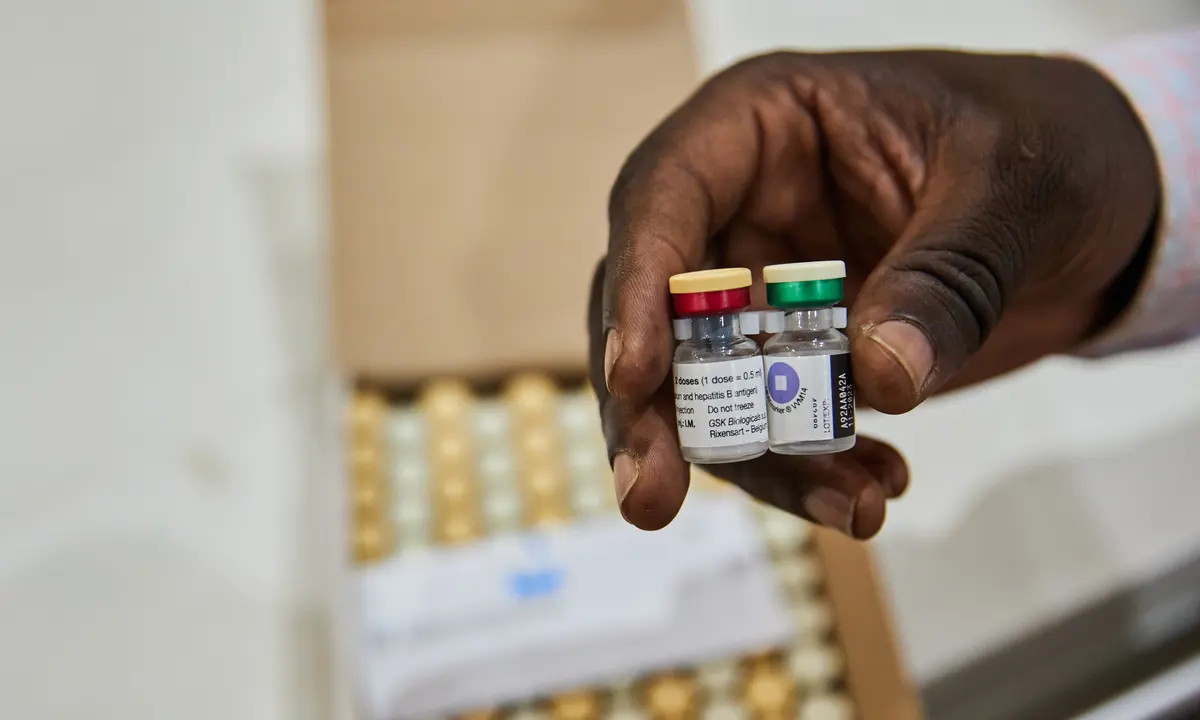Cameroon is set to become the first country to routinely administer a new malaria vaccine to children, marking a significant milestone in the ongoing global efforts to combat malaria. The campaign, scheduled to commence on Monday, is considered a crucial step in the decades-long battle against the mosquito-spread disease in Africa, which accounts for 95% of global malaria deaths.
Aurelia Nguyen, Chief Program Officer at the Gavi vaccines alliance, described the vaccination initiative as a life-saving measure that will provide substantial relief to families and the country’s health system. Cameroon aims to vaccinate approximately 250,000 children in the first year, with a similar target set for the following year. Gavi is collaborating with 20 other African countries to facilitate access to the vaccine, with a goal of immunizing over 6 million children across the continent by 2025.
Cameroon will utilize the recently approved malaria vaccine Mosquirix, produced by GlaxoSmithKline (GSK). While Mosquirix is about 30% effective and requires four doses, the World Health Organization endorsed its use two years ago, acknowledging its potential to significantly reduce severe infections and hospitalizations.
Africa witnesses around 250 million cases of malaria annually, resulting in 600,000 deaths, primarily among young children. The introduction of the malaria vaccine is seen as a vital tool in the broader strategy to combat the parasitic disease, complementing existing interventions like bed nets and insecticidal spraying.
It’s worth noting that another malaria vaccine developed by Oxford University, approved by the WHO in October, might offer a more practical solution. This vaccine is cheaper, requires three doses, and can be produced in larger quantities. Gavi’s Nguyen expressed hope that there might be enough doses of the Oxford vaccine available later this year for widespread immunization efforts. While neither vaccine stops transmission, they contribute to the comprehensive approach needed to combat malaria effectively.



